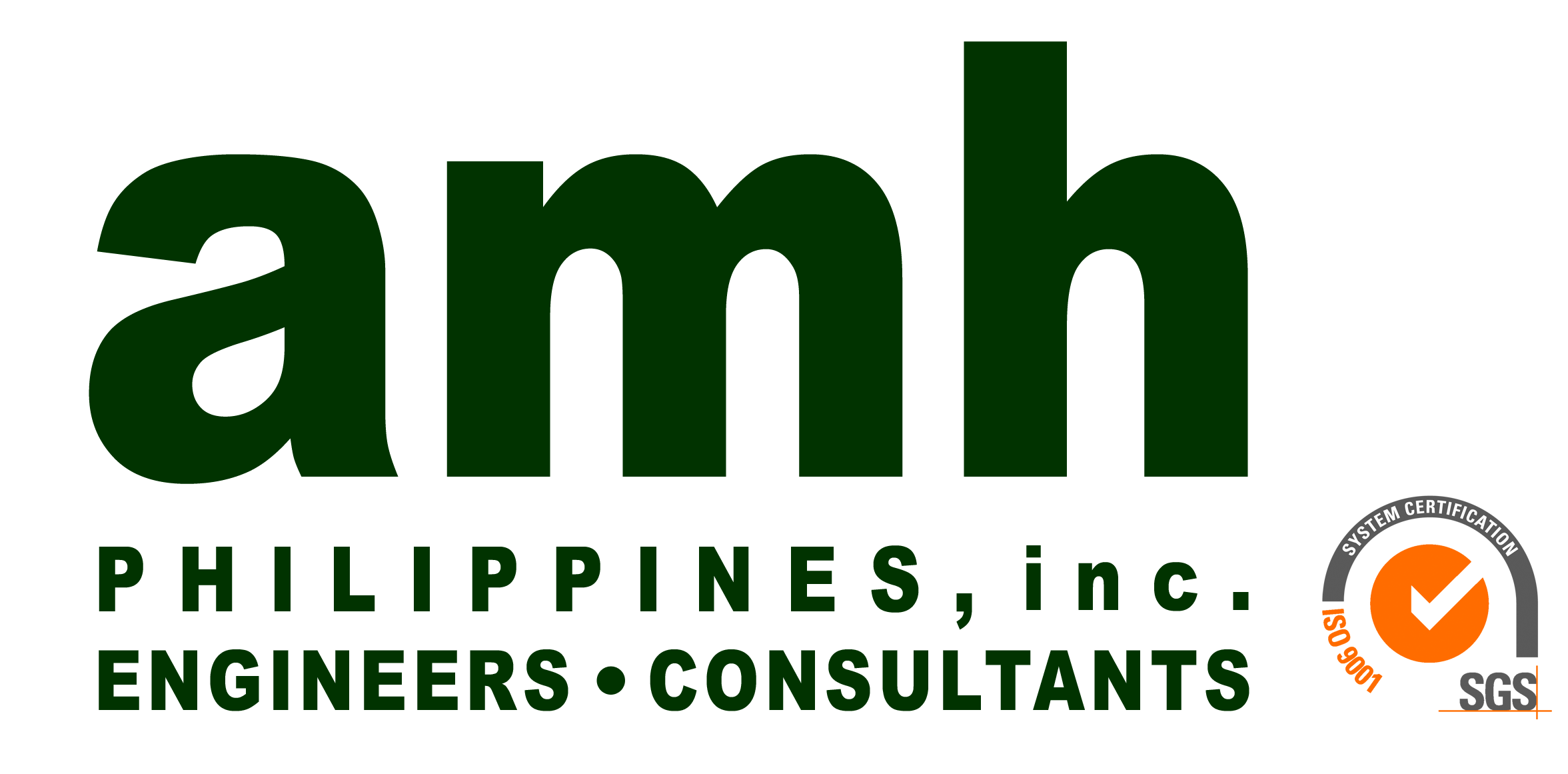Application of Geotechnical Monitoring (Slope Monitoring and Early Warning System) for Risk Reduction in Philippine Infrastructure
Author: John Erickson B. Delos Santos (MSCE), Roy Anthony C. Luna (MSCE), Ramon D. Quebral (PhD), Jenna Carmela C. Pallarca (MSCE), Rodgie Ello B. Cabungcal, and Nicole Laine B. Tan
Presenter: Jenna Carmela C. Pallarca
The Philippines, an archipelago of more than 7,100 islands, and with a population of more than 100 million, is one of the counties most exposed to seismic hazards, being located in the Circum-Pacific Ring of Fire. It is also identified as one of the top 10 countries worldwide which are most vulnerable to the effects of climate change. With a climate generally characterized by predominantly rainy season, many areas of high altitudes and characterized by thick residual soils and highly weathered rocks are highly susceptible to rainfall-induced or earthquake-induced slope failures. These failures may occur in populated areas without warning; thus, increasing the risks to the communities and essential utilities. This paper presents the long list of the various geohazards in the Philippines, current efforts in the development of GIS-based regional hazard maps, and the current practice of conducting engineering geologic and geohazard assessment (EGGA) for critical projects – as part of disaster mitigation and risk reduction strategies. In few critical projects, geotechnical monitoring has been employed. A case study involving the development of a slope monitoring program and early warning system for a power generation facility in the Philippines shall be presented. Monitoring equipment were installed, aimed at detecting slope movements and increase in pore water pressures – which became the basis for work suspension and evacuation of personnel working on or near slopes. The monitoring program proved to be effective as impending failures were detected, and the projects were completed without serious incident.
Conference/s:
GeoShanghai International Conference 2018 (May 2018)For inquiries on how to obtain a copy of our publications and technical papers, please feel free to send us an e-mail at info@amhphil.com
